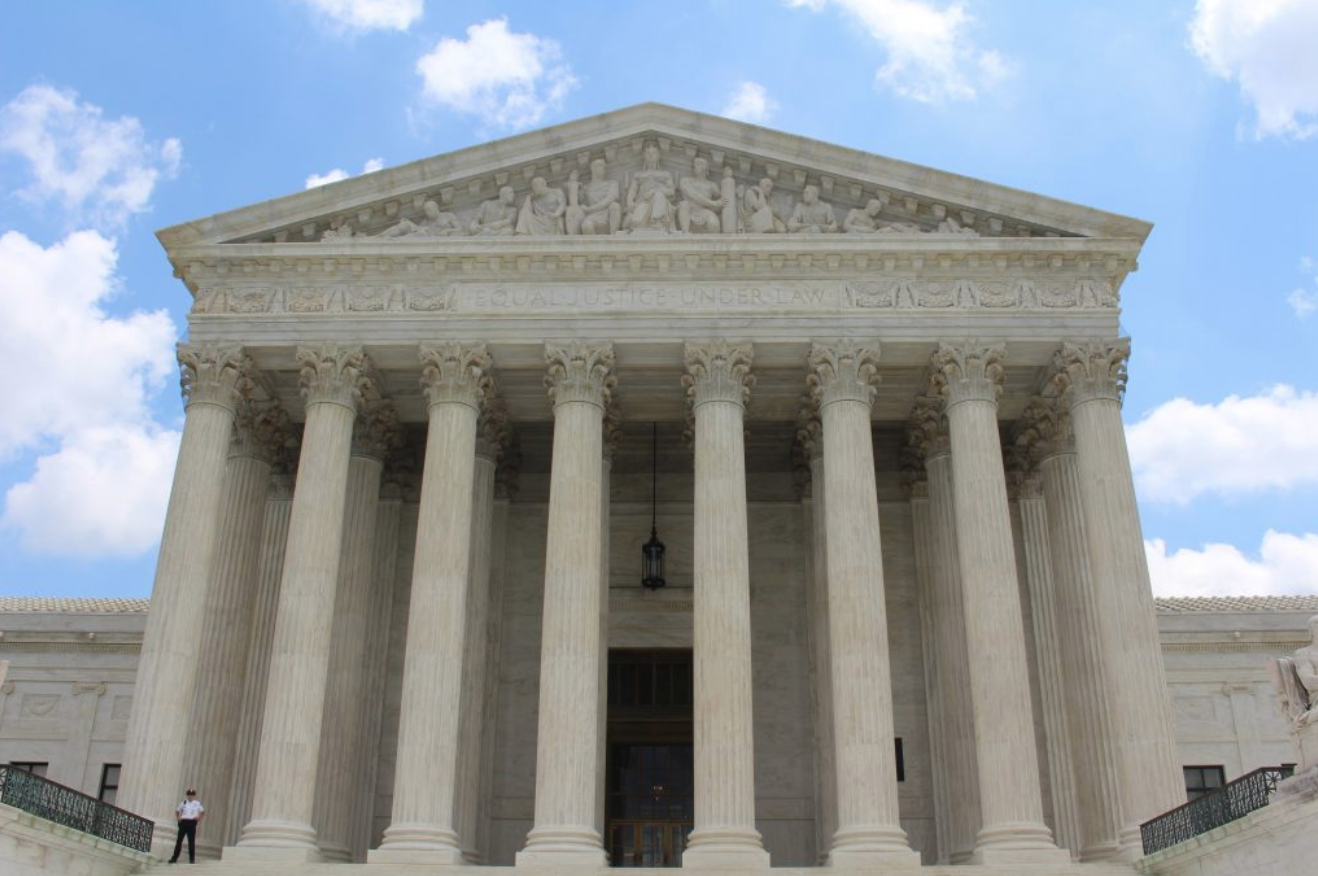What Is a federal crime?
Federal crimes are crimes that are codified by the United States Congress in statutes or set forth in federal rules or regulations. Some federal and state crimes are the same or similar. For example, both states and the federal government have laws proscribing conduct involving firearms, illegal drugs, and frauds.
What is the difference between a federal and state crime?
The main difference between a federal and state crime is that a state crime is initiated and brought in a particular state (where the crime was committed) and a federal crime is initiated by the federal government and brought in one of the federal district courts across the country.
Can a particular action be both a federal crime and a state crime?
Yes, some types of conduct can violate both state and federal statutes. Moreover, you can be charged with the same conduct by the federal government and the state, and it does not constitute double jeopardy. However, there are some policies that an experienced federal criminal defense attorney is aware of that may help one of the sovereigns dismiss their matter.
Who Prosecutes Federal Crimes?
Federal crimes are prosecuted by the United States Attorney’s Office in various districts throughout the United States. Some states have more than one district, such as New York, which has four (Western, Eastern, Northern and Southern).
If I go to jail for a federal crime, can I be released early on parole?
Unlike state parole, there is no federal parole. It was abolished in 1984 by statute. However, everyone who goes to prison on a federal sentence must do a term of supervised release following their prison sentence.
Can federal crimes be expunged?
No, unfortunately there is no expungement for federal convictions (with the exception of a minor drug offense)
Do I need to hire a federal attorney if I am charged with a federal offense?
Absolutely. Federal criminal defense attorneys such as the attorneys at LGR Law Group are experienced in defending those charged with federal offenses. Federal and state criminal defense are not the same. When charged with a federal offense, you should consult with an experienced federal criminal defense attorney like Lorraine Gauli-Rufo.





0 Comments